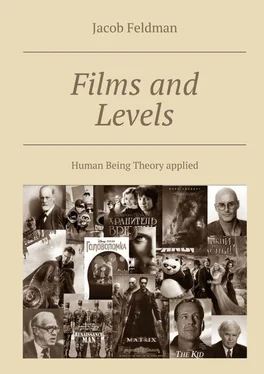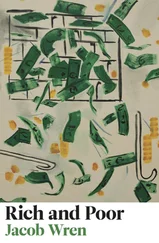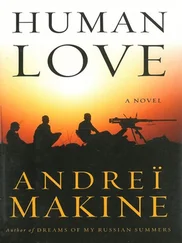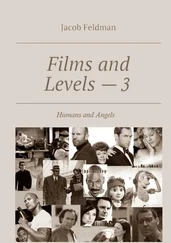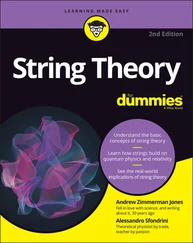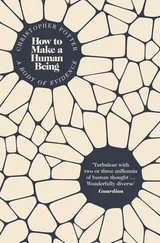Only rules with immediate punishment when broken are counted but only if the punishment could stop the movement. Time, target, goal, achievements, success, winner, champion, ideal, the best, the force – are keywords of the level #3.
Problems should be solved, difficulties overcome, wins taken – by any means, even by brute force, if necessary. If you hear from somebody things like “ the force is the only justice ” be sure this is a person #3 who hates rules and people #4.
In the film, BP-company and its representative (John Malkovich as Donald Vidrine) stand at level #3 while captain (Kurt Russell as Jimmy Harrell) holds level #4). Another sign of BP holding #3 is austerity mode: there is a long list of devices broken which must be repaired by BP-specialists, but they refuse.
In the case, BP-specialists have higher status than oil rig team – and they just do not listen. Usually status is a keyword of level #4. But in pure #4 system the actors with different status meet according rules and rituals. Here rules are broken and system goes to level #3 – stronger side make decisions on its own.
Every time when many levels work together, we should ask ourselves: Where is the goal and where is the mean ? The action works for the goal. The goal controls and directs means.
In the film levels #3 and #4 work together but for BP level #3 is the goal. They (BP) want to be the best, the richest, the winners – level #3 detected.
If the situation could be completely solved by following rules (levels #4) or by brute force (level #3) there is no place for decision-making. Decision-making situation supposes more complicated worldview – with attention #5.
Imagine you are a commander-in-chief inside the big battle of a big war. And the map of the battle is in front of you. You have to choose the plan. Nobody instead of you. Now or never.
Don’t wait for more information, you have no time for this. You have nobody to report to and nobody to share responsibility. You are the One. This is the situation of level #5.
Map, decision-making, risk, responsibility, uncertainty are keywords of the level #5. Here are some episodes of the film with situations #5.
Captain decides to run additional testing. Results are strange. It could be understood as “everything is OK” or – from deeper point of view – it could be understood as “something strange happens and we do not know precisely what, where, and why”.
Captain hesitates. But Donald Vidrine (BP) pushes the decision by brute force – “go on as usual”. From this moment, catastrophe could not be avoided.
The moment comes when all power system must be shut down. Young woman-engineer (Gina Rodriguez as Andrea Fleytas) is ready to take responsibility. But she has no legal rights to do it.
Teammates keep her from doing that. They bring wounded half-blind captain to cut off the system by his hand. Such solution allows Andrea to avoid long judicial investigation afterwards. In this case level #4 (rules) helps to level #5 (decision-making). Five is the goal here, and four is the mean.
Mike (Mark Wahlberg as Mike Williams) and Andrea stand on the upper deck. The only way to salvation is to jump down into the water. Andrea refuses to jump. Then Mike distracts her attention, grabs Andrea in his arms and jumps from the deck with her.
In this episode decision-making is a mean and goal is saving some other’s life. It is not about duty. It is about values. To value some other’s life as high as his own life – belongs to level #8 – holding many systems (lives) in attention.
But because Mike not only sees everything (as it should be at level #8 ) – he manages to operate the only way possible – and does it successfully – it is something more than level #8 — I call the way of thinking-and-acting so — level #9 .
Mike’s daughter (probably 7 years old) (Stella Allen as Sydney Williams) acts in a few important episodes
I have not come into because I want a little brother
When parents came out from the bedroom Sydney said: I have not come into because I want a little brother.
It means “I follow rules!” (level #4). But it means also “I have a target” (level #3) and “I understand causes and effects”. This last element belongs to level #6 as we will see later. What level is the goal here? Level #3 I suppose. Is it bad? It could be bad if Sydney would be an adult person. But she is only seven!
In the HBT book, we suggested that during the childhood a person goes through all levels step by step. Here is the age-to-level mapping.
(1) 0—3 years old
(2) 3—6 years old
(3) 6—9 years old
(4) 9—12 years old
(5) 12—15 years old
(6) 15—18 years old
(7) 18—21 years old
(8) 21+
Sydney is seven years old and in this age, the level #3 is the main level for all children. By the way, the phrase “ I have not… ” Sydney took from her parents, no doubt. And this is good phrase, because it packs level #3 together with levels #4 and #6.
Good parents and teachers always link the current level of the child with higher levels, and this helps child to grow up.
The tooth of a dinosaur.
In class of Sydney, each student must bring and show something special, related to parents’ work. The last time, a classmate brought to class a young penguin – because his father works in a zoo. Is it possible to bring to class something more interesting? Yes it is.
Конец ознакомительного фрагмента.
Текст предоставлен ООО «ЛитРес».
Прочитайте эту книгу целиком, купив полную легальную версию на ЛитРес.
Безопасно оплатить книгу можно банковской картой Visa, MasterCard, Maestro, со счета мобильного телефона, с платежного терминала, в салоне МТС или Связной, через PayPal, WebMoney, Яндекс.Деньги, QIWI Кошелек, бонусными картами или другим удобным Вам способом.
